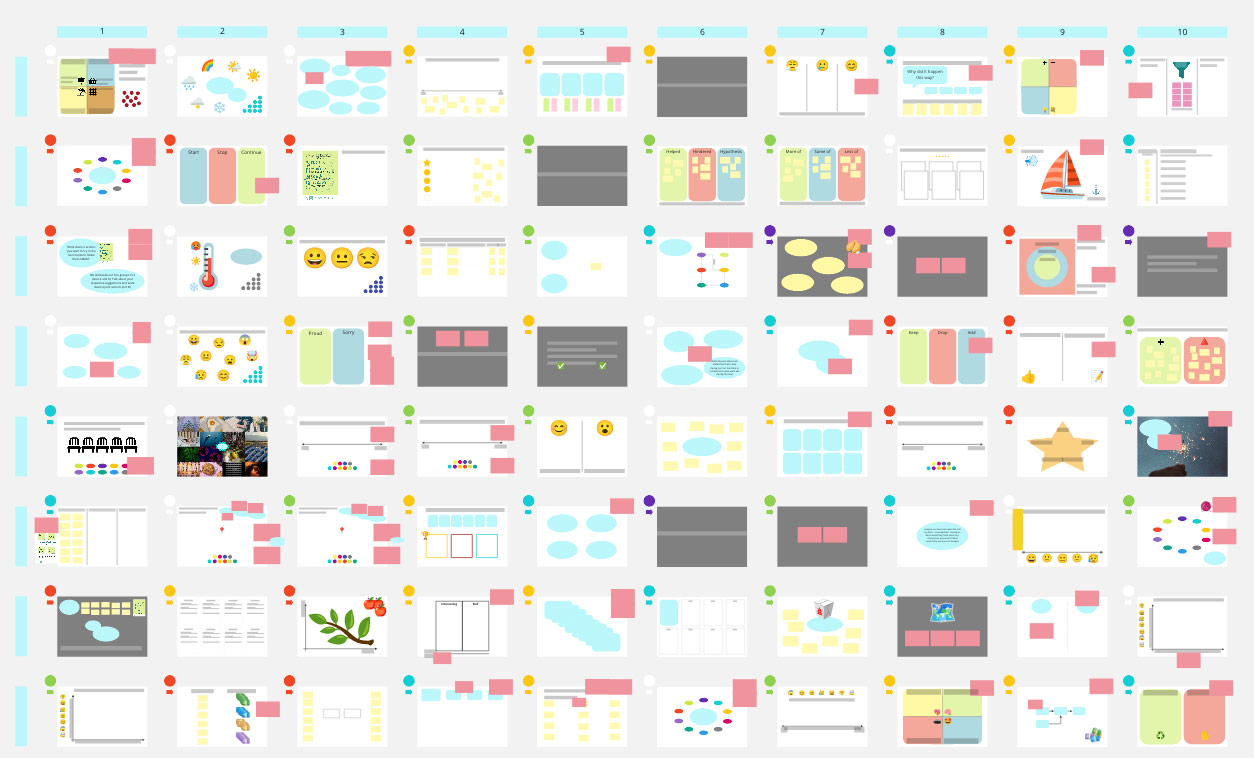Wish granted
(#50)
A fairy grants you a wish - how do you know it came true?
Source:
Lydia Grawunder & Sebastian Nachtigall
Give participants 2 minutes to silently ponder the following question: 'A fairy grants you a wish that will fix your biggest problem at work overnight. What do you wish for?' Follow up with: 'You come to work the next morning. You can tell, that the fairy has granted your wish. How do you know? What is different now?' If trust within the group is high, let everyone describe their 'Wish granted'-workplace. If not, just tell the participants to keep their scenario in mind during the next phase and suggest actions that work towards making it real.



